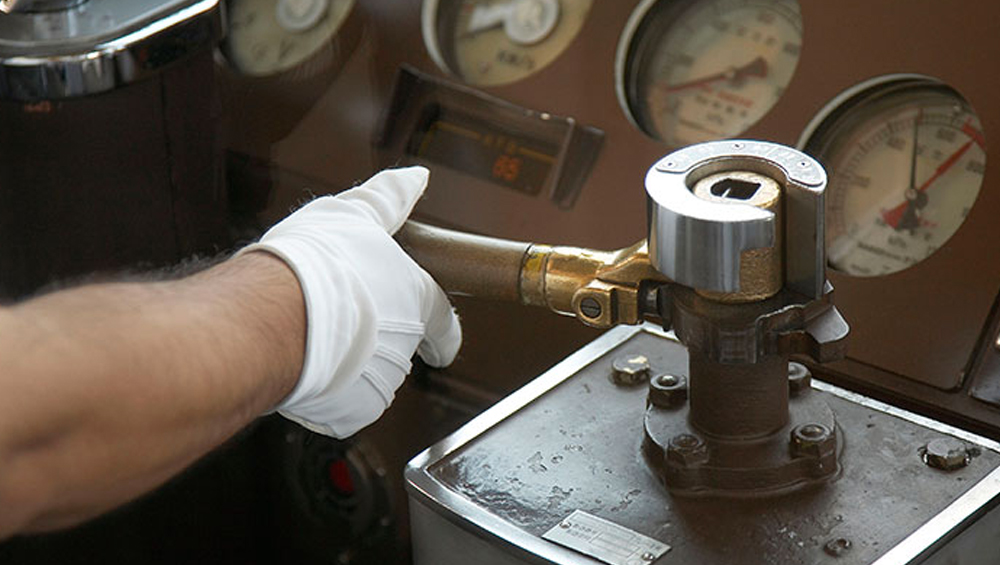Why Railroad Workers Can't Wait To File Retaliation Cases Under The FRSA
It’s happened at least a dozen times this year. A potential client calls and tells me how they’ve been fired from a railroad in retaliation for reporting an injury or bad ordering a car or reporting track defects, or getting medical treatment, or … well you get the idea. I listen intently and begin to formulate the case in my head. Then I ask the pivotal question, “when did this happen?”
“Well, I just got my arbitration decision last week,” the caller replies. My heart sinks.
There is a big misconception out there that is costing a lot of railroaders their chance to pursue their rights under the Federal Railroad Safety Act (FRSA). The misconception is that a worker who has been fired or otherwise disciplined must wait until his CBA grievance has been fully decided before he or she can pursue a case under the FRSA. This is wrong! And I hope to clear up the confusion here and now.
The FRSA provides a legal course of action for railroaders who believe they have been disciplined or otherwise discriminated against for, among other things, reporting injuries, reporting hazardous or unsafe working conditions, or receiving medical attention. It is a great law and can really help you, but in order to pursue your rights under the FRSA, you must file a case no later than 180 days from the date you first knew of the discipline/discrimination. This means that you cannot wait for your grievance to go all the way to arbitration, which usually takes years, because your 180 day statute of limitation under the FRSA will long have since expired.
By way of comparison, most laws have one or two year statutes of limitations. The FELA (covering railroad worker injuries) has a three year statute of limitations. So 180 days is extremely short and the sooner you can get the process going on your case the better off you will be.
Here are some common events that can trigger the start of the 180 days, though this list is not exhaustive:
- Receiving a notice to attend a formal investigation;
- Being removed from service (verbally or by letter);
- Being threatened with a formal investigation or other forms of discipline;
- Being placed on a “watch list” or “high risk employee list”;
- Being taken/kept out of service for medical reasons;
- Learning from your union that disciplinary charges are pending;
- Receiving a formal notice of discipline.
If you believe you have been retaliated against, or you think it is even a possibility, please, please, please get some legal advice from someone who knows railroad law! You can, and should, pursue an FRSA claim at the same time you are pursuing your union grievance. If anyone tells you to wait, they are wrong!




